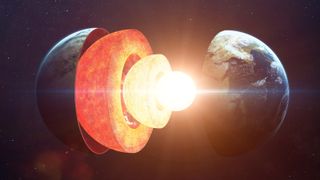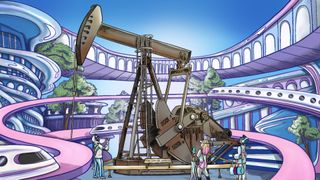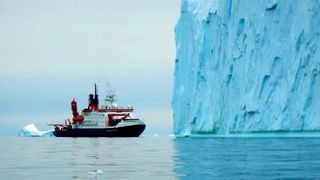Planet Earth
Explore Planet Earth
Editor's Picks
Latest about Planet Earth

Have days on Earth always been 24 hours?
By Sarah Wells published
Earth's day used to be five hours shorter, and it's predicted to continue lengthening over time.
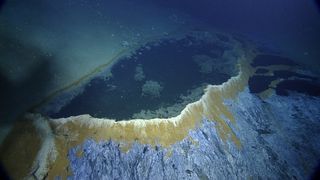
Hot Tub of Despair: The deadly ocean pool that traps and pickles creatures that fall in
By Sascha Pare published
This stagnant brine pool at the bottom of the Gulf of Mexico is so toxic it kills and embalms any crabs and amphipods that are unlucky enough to stumble into it.
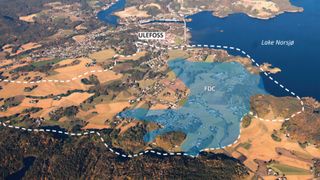
Enormous deposit of rare earth elements discovered in heart of ancient Norwegian volcano
By Stephanie Pappas published
The Fen Carbonatite Complex may be Europe's key to a secure rare-earth-element supply chain following the discovery of a huge deposit at the site.
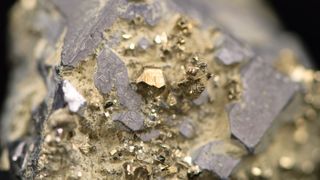
What's the difference between a rock and a mineral?
By Sascha Pare published
Rocks and minerals are closely related, but there are fundamental differences between the two.

What is photosynthesis?
By Daisy Dobrijevic last updated
Reference Photosynthesis is the process plants, algae and some bacteria use to turn sunlight, carbon dioxide and water into sugar and oxygen.
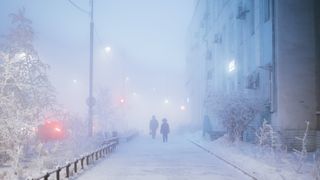
What is the coldest city in the world?
By Joe Phelan last updated
The coldest city in the world is in Siberia, where temperatures plummet to minus 76 degrees Fahrenheit. Here's why it's so cold there.
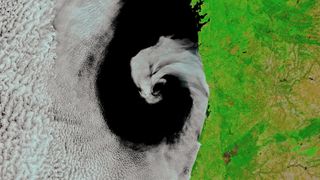
Earth from space: Mysterious, slow-spinning cloud 'cyclone' hugs the Iberian coast
By Harry Baker published
This 2017 satellite photo shows an unusual cloud "cyclone" nestled up against the coastline of Spain and Portugal. Researchers are unsure what caused the strange structure's spin, but ocean eddies and an extreme heat wave likely played key roles.
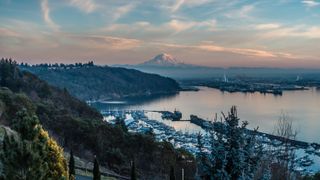
'The difference between alarming and catastrophic': Cascadia megafault has 1 especially deadly section, new map reveals
By Stephanie Pappas published
The Cascadia subduction zone is more complex than researchers previously knew. The new finding could help scientists better understand the risk from future earthquakes.
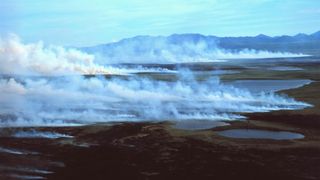
Arctic 'zombie fires' rising from the dead could unleash vicious cycle of warming
By Sebastian Wieczorek, Eoin O'Sullivan, Kieran Mulchrone published
Zombie fires that burn underground over winter may be a case of climate change-driven spontaneous combustion, new research reveals.
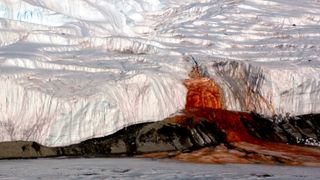
Blood Falls: Antarctica's crimson waterfall forged from an ancient hidden heart
By Sascha Pare published
Iron-rich waters buried beneath Taylor Glacier in East Antarctica are sporadically released in what looks like a bloody mess — but the so-called Blood Falls aren't as gruesome as they first appear and sound.
Sign up for the Live Science daily newsletter now
Get the world’s most fascinating discoveries delivered straight to your inbox.
